
As we approach 2025, the integration of AI in employee management software is set to revolutionize the workplace. Expect enhanced recruitment processes, personalized employee experiences, and data-driven performance analytics. This transformative technology will streamline operations, foster employee engagement, and enable organizations to make informed decisions, ultimately creating a more efficient and dynamic work environment.
The landscape of employee management software is undergoing a significant transformation, driven by the rapid advancements in Artificial Intelligence (AI). As we look toward **2025**, the integration of AI into these systems promises to revolutionize how organizations manage their workforce. This article explores what businesses can expect from AI-enhanced employee management software in the near future.
One of the most impactful applications of AI in employee management software is in the **recruitment process**. By 2025, we can anticipate that AI will automate many aspects of recruitment. This includes parsing resumes, screening candidates, and even conducting initial interviews through chatbots. These AI-driven solutions will help organizations identify the best-suited candidates more efficiently, reducing the time and resources spent on hiring.
Furthermore, predictive analytics will become a key feature in recruitment software. By analyzing data from past hires, AI can suggest the traits and qualifications that correlate with successful employees in specific roles. This will enable recruiters to make more informed decisions, ultimately leading to improved employee retention rates.
As organizations strive to create a more engaging and supportive work environment, AI will play a crucial role in tailoring employee experiences. By **2025**, we can expect employee management software to leverage AI to provide personalized content and resources based on individual employee needs and preferences.
For instance, AI can analyze an employee's performance data, feedback, and career aspirations to recommend tailored training programs and development opportunities. This level of customization will not only enhance employee satisfaction but also boost productivity, as employees feel more valued and understood within the organization.
Gone are the days of annual performance reviews that often leave employees feeling undervalued or confused about their progress. With the integration of AI, employee management software will enable **real-time performance monitoring**. By 2025, organizations will be able to track employee performance continuously through AI-driven analytics.
This means that employees will receive immediate feedback on their work, allowing for prompt adjustments and improvements. Managers will have access to comprehensive dashboards that highlight performance trends and areas for development, fostering a culture of continuous improvement.
AI's ability to automate repetitive tasks will greatly enhance the efficiency of employee management software. By 2025, organizations can expect AI to handle a variety of **administrative functions**, such as payroll processing, benefits administration, and time-off requests.
This automation will free up HR professionals to focus on more strategic initiatives, such as employee engagement and organizational development. Additionally, as administrative tasks become more streamlined, the likelihood of errors will decrease, leading to greater accuracy in HR processes.
In an era where data is king, the integration of AI in employee management software will empower organizations to make more informed and strategic decisions. By 2025, HR leaders will have access to robust analytics that provide insights into workforce trends, employee behavior, and overall organizational health.
For example, AI can analyze employee turnover rates and identify patterns that may indicate underlying issues within the organization. This data-driven approach will enable HR teams to proactively address potential problems, ultimately leading to a more stable and engaged workforce.
As organizations increasingly recognize the importance of employee wellness, AI will play a pivotal role in enhancing wellness programs. By 2025, employee management software will likely integrate AI tools that assess employee well-being through surveys, feedback, and even biometric data.
These insights will allow organizations to tailor wellness programs to meet the unique needs of their workforce. AI can suggest initiatives such as mindfulness workshops, fitness challenges, or mental health resources, fostering a healthier and more productive work environment.
Additionally, the reliance on AI must be balanced with human oversight. While AI can enhance decision-making, it is crucial to remember the value of human intuition and empathy in employee management. Striking this balance will be essential for successful integration. Conclusion As we move toward **2025**, the integration of AI in employee management software will undoubtedly reshape the way organizations manage their workforce. From enhancing recruitment processes to personalizing employee experiences, the potential applications are vast and varied. By embracing these advancements, organizations can create a more efficient, engaging, and supportive work environment for their employees. However, it is essential to approach these changes with a focus on data privacy and the importance of human oversight to ensure a balanced and effective integration. Investing in AI-powered employee management software will not only streamline HR processes but also foster a culture of continuous improvement and engagement, setting organizations up for long-term success in an increasingly competitive landscape.
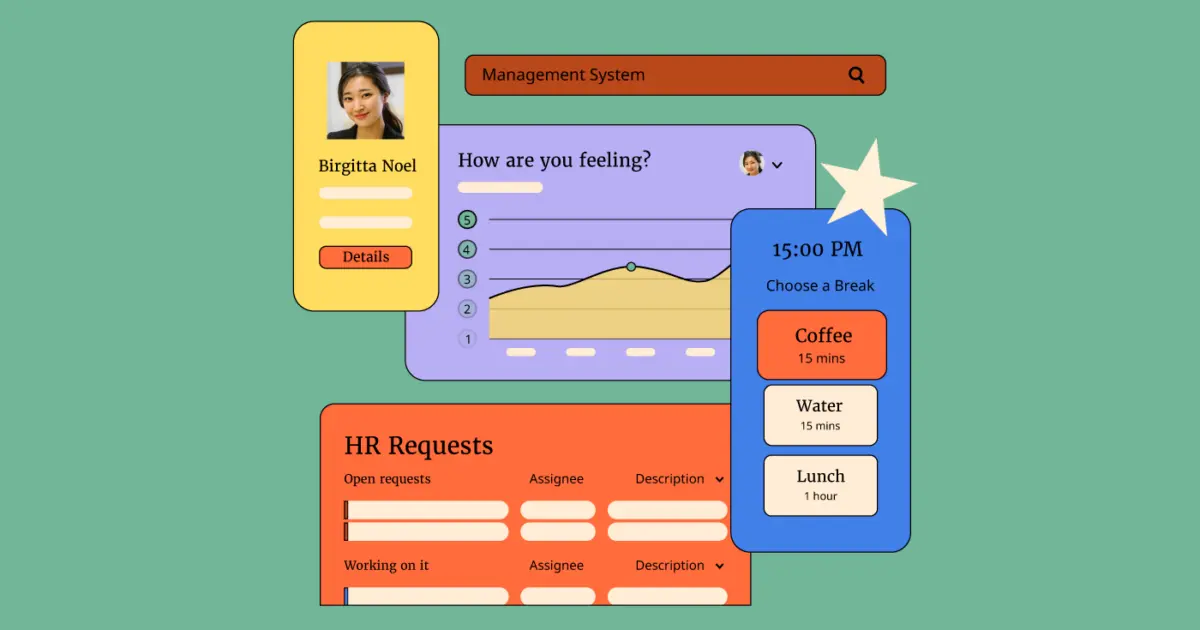
Top Employee Management Software Trends in the USA for 2025
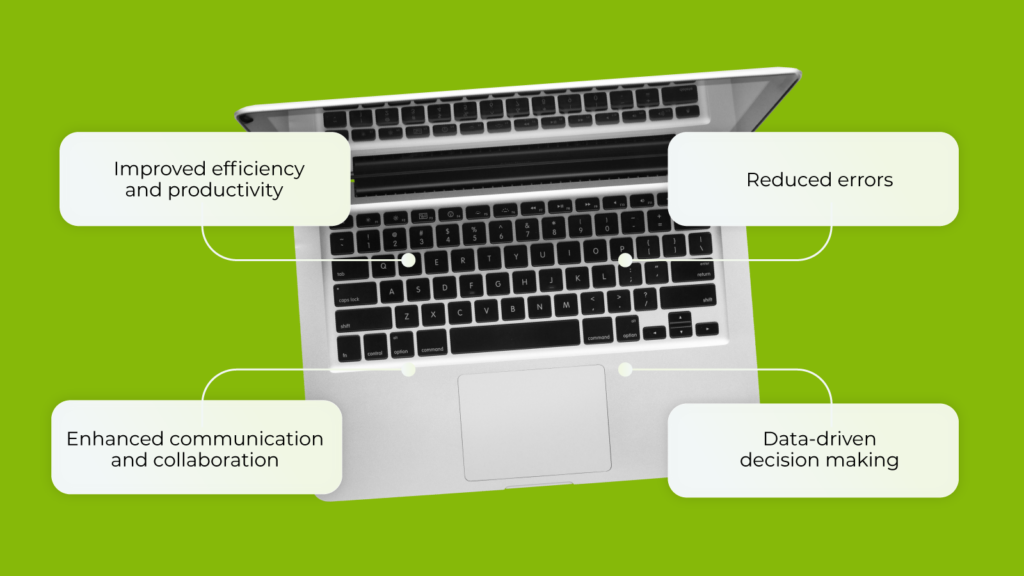
How Employee Management Software is Transforming Workforce Efficiency in 2025
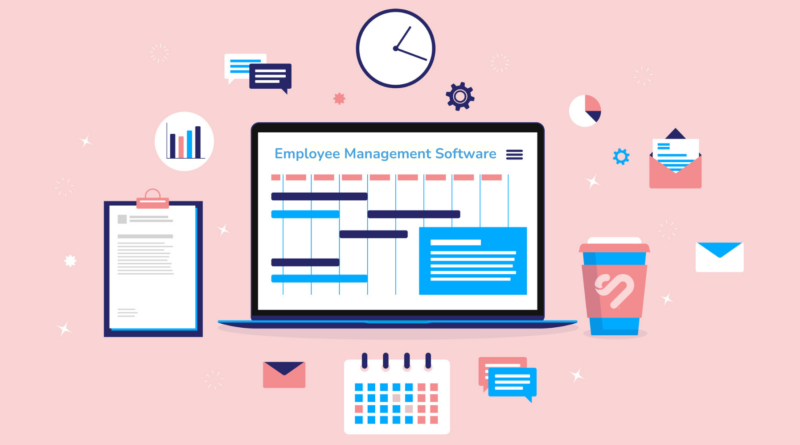
The Ultimate Guide to Choosing the Best Employee Management Software in the USA for 2025
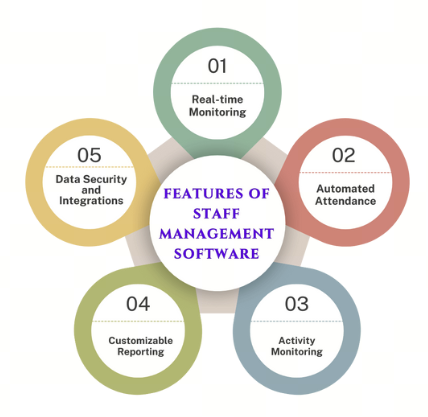
5 Must-Have Features in Employee Management Software for US Companies in 2025
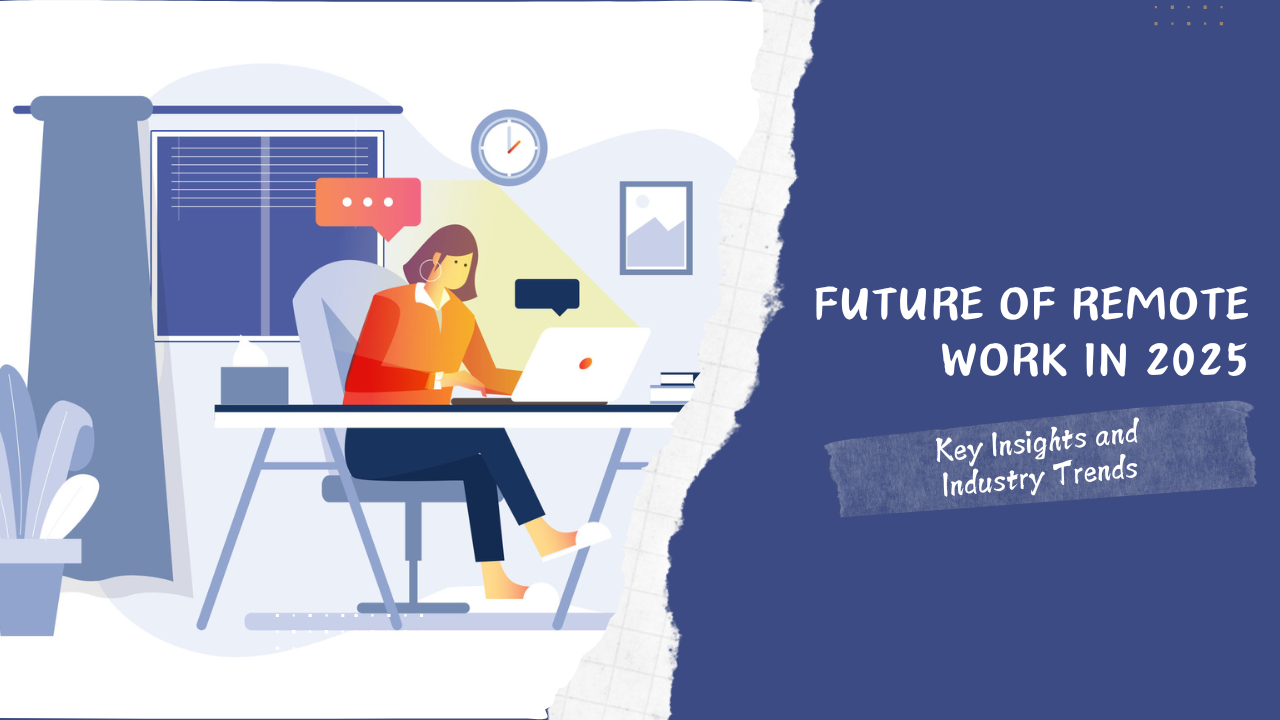
The Future of Remote Work: Employee Management Software Solutions for 2025
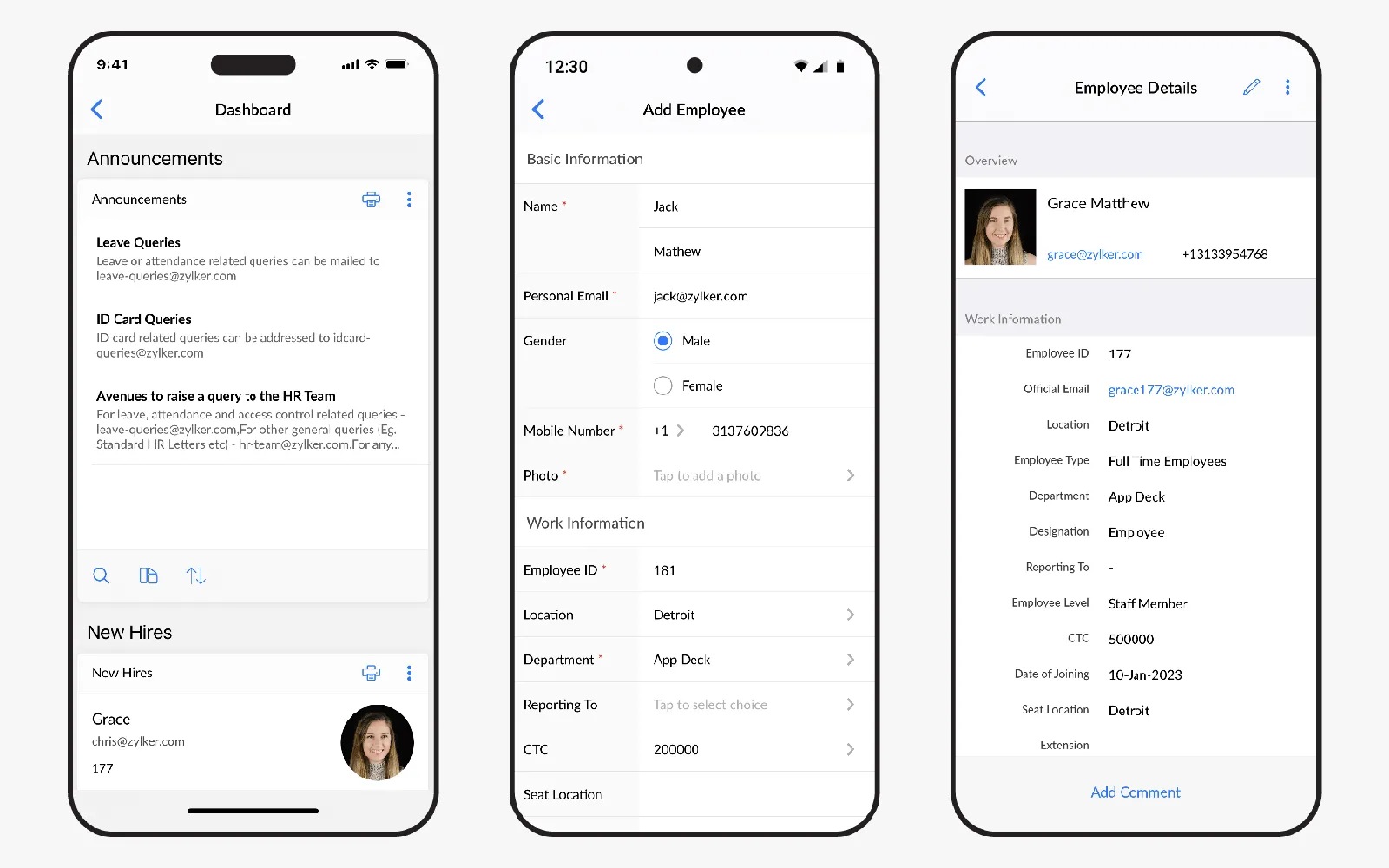
Best Employee Management Softwares: A Comprehensive Guide
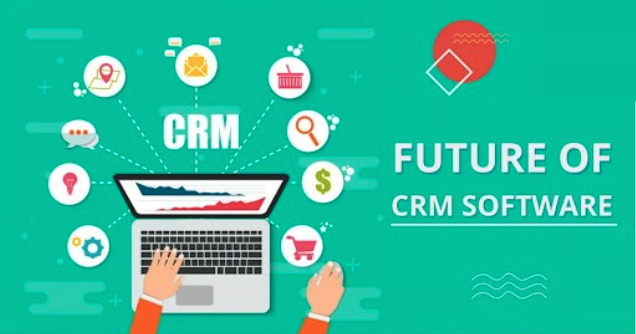
Future Trends in CRM Software for Small Businesses: What to Expect in the USA by 2025

Impact of Economic Changes on Mortgage Loans in the USA: What to Expect in 2025